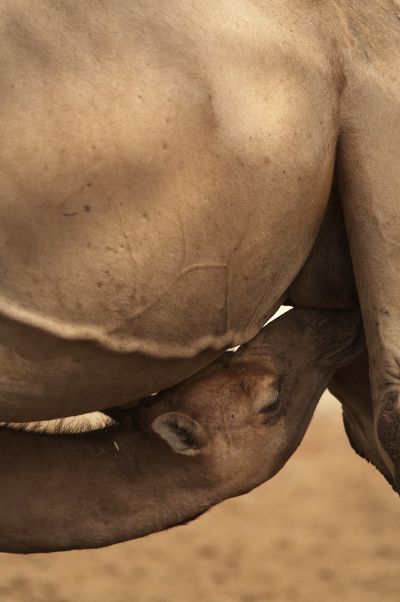Australia swamped by camel orders as numbers soar

Your support helps us to tell the story
From reproductive rights to climate change to Big Tech, The Independent is on the ground when the story is developing. Whether it's investigating the financials of Elon Musk's pro-Trump PAC or producing our latest documentary, 'The A Word', which shines a light on the American women fighting for reproductive rights, we know how important it is to parse out the facts from the messaging.
At such a critical moment in US history, we need reporters on the ground. Your donation allows us to keep sending journalists to speak to both sides of the story.
The Independent is trusted by Americans across the entire political spectrum. And unlike many other quality news outlets, we choose not to lock Americans out of our reporting and analysis with paywalls. We believe quality journalism should be available to everyone, paid for by those who can afford it.
Your support makes all the difference.Australian producers are being swamped with requests for live camels and camel meat, especially from the Middle East, after a soaring wild population prompted a government cull, companies said on Monday.
Garry Dann, managing director of Territory Camel, said he had received more than 100 enquiries from Middle Eastern countries and the United States in the last couple of months.
"There's been hundreds of requests like that but at the end of the day, they've got to come up with a boat to ship them, that's the big problem," Dann told AFP.
Producers say many companies have underestimated the cost of rounding up wild camels in Australia's vast Outback, then transporting them to port and shipping them abroad.
"The people overseas have read the news and Internet articles about camel culls and they then have the impression that because we are going to cull the animals they can purchase for low value," said Mike Eathorne, general manager of meat exporter Meramist.
"They have no idea of what is involved to muster feral camels, transport and process. As the majority of camels are in the centre of Australia the transport cost alone is very high."
Official estimates put Australia's wild camel population at more than one million, believed to be the biggest in the world, after the animals were introduced to the largely desert country from the 19th century.
Last year, the government announced a 19 million dollar plan to cull camels involving marksmen riding in helicopters, prompting concern from animal rights groups.
In November, thousands of thirsty camels besieged a remote Outback town in search of water, leaving residents scared to leave their homes.
Dann said strong foreign demand could save camels from being culled, but warned that the animals were too tall for conventional ships used to carry cattle.
"They want them all right, they want them desperately," Dann said. "But they still don't come up with the boats."
Join our commenting forum
Join thought-provoking conversations, follow other Independent readers and see their replies
Comments